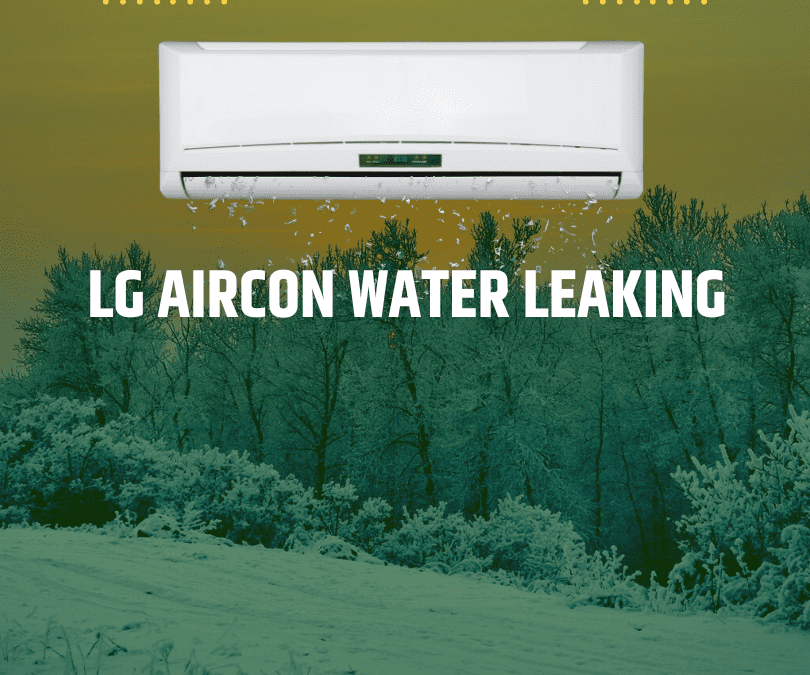If there is water leaking from the AC unit, it likely needs to be repaired. If the water is coming from the unit itself, it may be a sign of a failed seal or a broken water line.
If you’re not sure, call our Subcool engineering company. If there is no water coming out of the unit, but you are still experiencing condensation on your walls and/or ceiling, there are two possible causes: Water can seep into the home through cracks or holes in the foundation. The AC unit has an air leak, either due to a faulty part or a faulty connection. If you suspect that the leak is coming from outside of the home, you will need to call a licensed plumbing technician to inspect the system for possible leaks.
- Artificial intelligence has been included to make LG’s DUAL Inverter AC with Variable Tonnage Technology smarter.
- The cross-flow fan is kept clean and free of germs thanks to UVC LED lights, which inactivate and stop bacterial development on the fan surface by up to 99%.
- You can control your air conditioner from anywhere at any time with a Wii-compatible smartphone.
List of the question about water leakage in Air conditioner are:
- Why does an air conditioner accumulate water?
- When water is leaking, can you run your air conditioner?
- Why is your air conditioner leaking water into your home?
Why does air conditioner accumulate water?
In addition to controlling the temperature, your HVAC system has an impact on the humidity levels in your house. The evaporator coils make up the home air conditioner. In your HVAC system, warm air from your house is sucked in and fanned over cool evaporator coils, where it condenses and becomes less humid.
The consequent condensation drops into a pan with a drain pipe that connects to a condensate drain. The water is drained outdoors through this line, which exits your house.
The issue arises when your air conditioner is too wet and is unable to drain the additional water.
When water is leaking, can you run your air conditioner?
Even if your air conditioner is dripping water, it will still function. However, its capacity to cool your room may start to decline. As soon as you notice water flowing from your air conditioner, you should immediately switch your unit off because you don’t know what caused the leak.
When internal AC components are severely damaged, your device may continue to operate and eventually have a compressor failure. Your walls, ceilings, furniture, and other household goods might all be in danger if your indoor AC unit starts to leak water. Mold formation might also be a result of too much moisture.
Why is your LG split AC leaking water into your home?
There are a few reasons why your LG air conditioner might be leaking water into your home. One possibility is that the unit has a defective water seal. If the seal is not properly sealing the unit’s condenser unit from the atmosphere, water could seep in and cause damage.
If the drain line is blocked, it could cause water to leak out of the unit and into your home. When you’re looking for an LG air conditioning repair service, you want to make sure that you hire the right contractor. You want someone who will work with you to find a solution to your problem, and one that is affordable and reliable. The best way to find the right LG AC repair service is to do some research on their past customers and their reviews.
Air Filters Containing Debris:
Evaporator coils can freeze as a result of unclean air filters, which can also cause your air conditioner to leak water. The filters guarantee appropriate airflow. Clean air can enter your home thanks to its ability to capture air contaminants. However, with time, this debris and dust can build up inside the filters and block them. Your unit may also be harmed by their obstruction, which is hazardous to the quality of your indoor air. Also, it causes poor HVAC airflow.
Furthermore, the heated air has a harder time passing through clogged air filters. The evaporator coils eventually freeze as a result of the refrigerant failing to absorb the heat. You can see a pool of leaking water inside your home when they begin to thaw.
Evaporator Coils that are frozen:
A refrigerant leak or obstructed airflow might cause the evaporator coils, which are a component of your indoor unit, to freeze. This may result in moisture accumulation, which might overflow the drain pan and let water leak.

